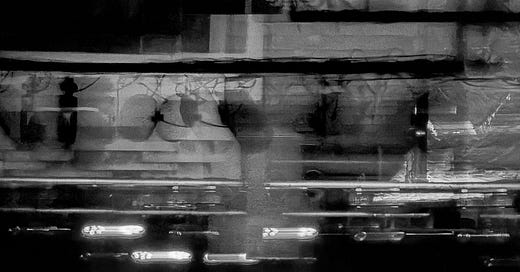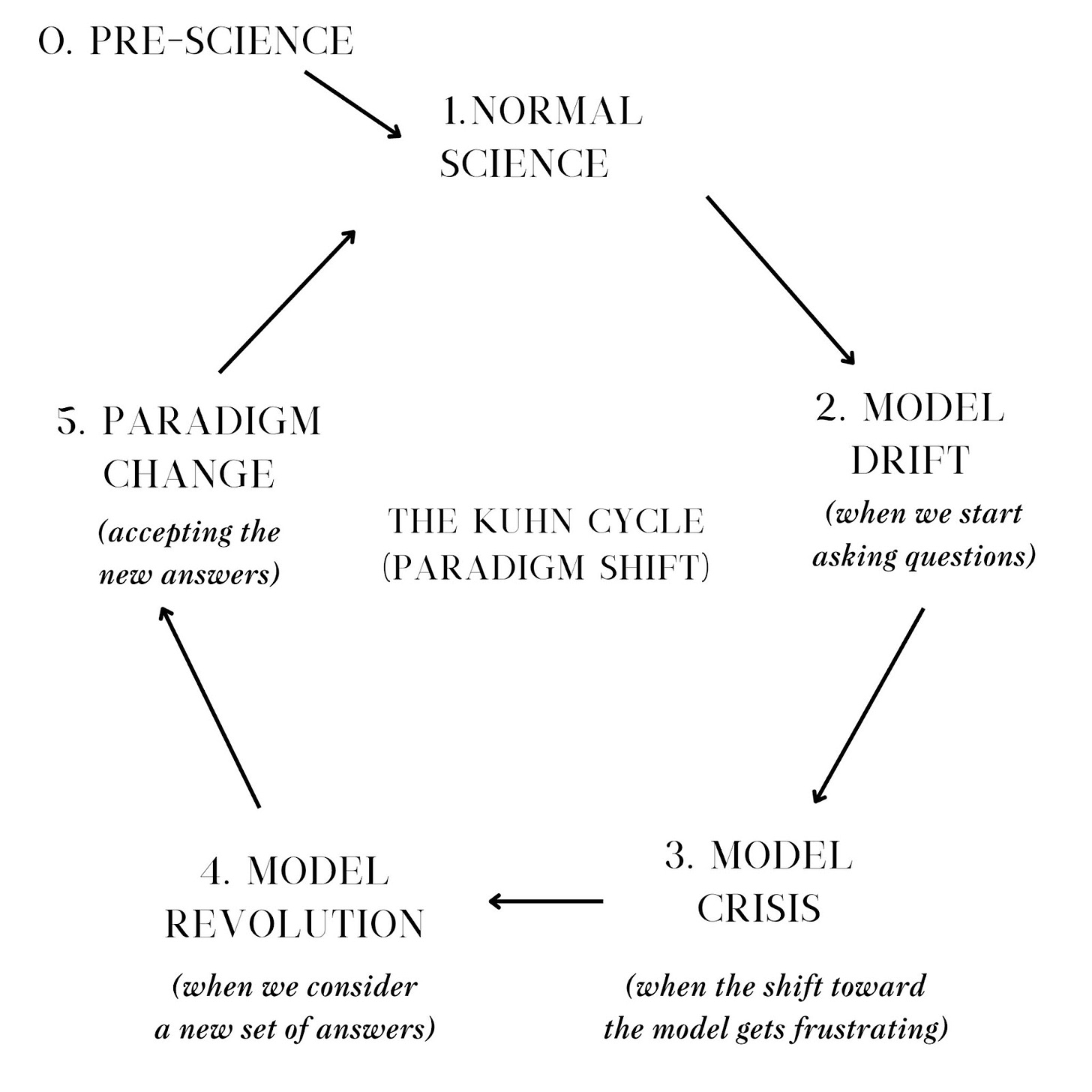If you take a look back 5 to 10 years prior to where you once began as a follower of Jesus, or with any other belief you may have had, could you say you believe in the same things now as you did back then? I hope the answer to that is a resounding, “no,” because I hope you find yourself to be growing, changing, maturing in attitude and thought.
As humbly as I can say, I too, just as you dear reader, have gone through some changes in what forms one’s “worldview” or belief system. Take for example, in my life, I have undergone a shift from what many call the “complementarian” view to one many call, “egalitarian.”
To define them briefly:
“Complementarian” - men and women are designed to “complement” one another in gender roles within the Church and home. With this, only men can hold the role of pastor/elder within a Church and are also head of the household.
“Egalitarian” - men and women are equal in gender roles within the Church and home. Therefore, both men and women can hold the role of pastor/elder within a Church and both can lead the household in their own ways.
It’s important to note that both positions hold that men and women hold to having equal value, but how that is expressed in both camps, is fair game to be questioned.
Apart from these terms being more unhelpful than helpful to describe the nuance of gender and gender roles within the Church and in the household, this shift happened within me slowly over the last two years.
What about you? What are some places in your life, theological or not, where you’ve experienced a paradigm shift? How did you get to where you are now?
Paradigms, They Shift
But first, real quick, what is a paradigm and why do some shift?
In short, a paradigm is, “a set of answers to most questions that arise; it asks questions and provides an answer.”
And a shift begins to happen when the paradigm that exists within one’s mind cannot answer questions which beg to be answered.
I took a workshop a week or so ago, hosted by the Great Lakes Conference within the ECC (our church plant is joining this denomination in the near future) and this workshop was hosted by Dr. Peter Sung, the author of, “The Post-Church Church.” During this workshop, he went over a slew of topics, but one that I cannot shake off for the life of me was when he went over the idea of paradigm shifts. Borrowing from Thomas Kuhn, the American philosopher who coined this phrase, Dr. Sung synthesized what the process looks like when someone undergoes a paradigm shift. You can see that process below:
People, They Change
For me, a paradigm that I held onto was one that was labeled, “complementarianism.” This model of thinking about men and women’s positions and power within the Church and within the home made sense to me for nearly a decade. I could answer most if not all questions thrown at me about the dynamics between men and women - male and female, husband and wife - within the Church and the home. But it wasn’t until the last couple of years when certain questions were asked and I found myself in step 3 of The Kuhn Cycle - model crisis.
I struggled to answer the nuanced questions, the truly difficult questions that also equally mattered with how they were answered. Questions such as - “Does that mean women cannot teach from the Bible if there is an 18 year old man in the room … even if he just turned 18?” Or, “Where in the Bible does it say that men ultimately make the final decision (when it comes to the big decisions) in the home? How did this become a core tenant of complementarianism? Or, “When God gave equal dominion to both Adam and Eve in the Garden of Eden - why don't we operate from this Biblical standpoint/reality in our homes and churches?”
The model known as “Complementarianism” could not provide sufficient answers and therefore, a shift started to occur within me. But also, I wouldn’t even say egalitarianism provided those answers for me. Step 4 in The Kuhn Cycle - model revolution - was the journey I embarked on nearly two years ago now and sought for answers beyond the “Complementarian/Egalitarian” binary. It was in this nebulous and grey-area-type space that I began to find the intricate answers to some of the harder questions I was fielded with. And this was when I found myself in step 5 - paradigm change - as it pertains to men and women’s position and power within the Church and home.
From Complementarian to Egalitarian.
From Charismatic to Reformed back to a little more Charismatic.
From a focus and emphasis on Reformed doctrine to monasticism and spiritual formation.
From sinner to saint.
Paradigm shifts have been littered here and there all throughout my formation journey in not only becoming more like Jesus, but in my pursuit of understanding Him and His Ways.
Does this look like you too? What are areas of paradigm shifts you’ve experienced or are presently experiencing in your life? How have you fared in the midst of these shifts? Sometimes, being in the this grey-area can be anxiety inducing, and in it’s in these moments where we are barely wading in the ocean of Scripture and theology, the Holy Spirit comes to our aid and comforts our confused souls.
Sanctification, It’s Happening
If my illustration of the Complementarian-to-Egalitarian paradigm shift in my own life was a bit distracting, that’s my bad. But this has been one of the clearest shifts in my personal life and discipleship to Jesus.
Nevertheless, the main point is this: we all go through paradigm shifts, some more noticeable than others.
However, I don’t quite know if it’s entirely helpful to simply acknowledge the shift occurring or that it has occurred. When change happens in our lives, it tends to be helpful to: 1) understand where we came from, 2) what the impetus of that change was, and 3) where we are now (or at least where we are headed to). Understanding how these paradigm shifts occur is a great tool for us as we journey on in our discipleship to Jesus, because the Lord knows there is much to change and shift within us as we traverse this life and world with Him.
Isn’t that what sanctification is? Just one paradigm shift after another? To change one system, way of thinking, understanding of the Scriptures that was not providing an answer to the all important question: am I becoming more like Jesus?
This is why the greatest paradigm shift is when sinner is made into child of God, a friend of Jesus. Something within us shifts; our understanding of the origins of life, one’s purpose and meaning, morality, knowing there is a Creator who adores and cherishes us, and comprehending the gravity of sin’s effect on us and the world, while also believing in the Good News of Jesus’ life, death, burial, and resurrection. The paradigm shift from sinner to saint is the landslide shift that happens to begin it all, thus embarking us on this journey called sanctification.
The next time you find yourself in a theological paradigm shift, I pray you also find the grace that carries you along those often treacherous waves. It’s okay to make shifts, so long as you come out the other side being able to answer “yes” to the question, “is this making me more like Jesus?”.





